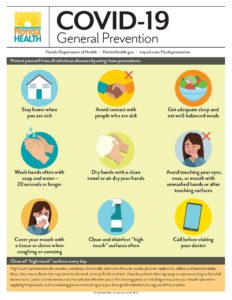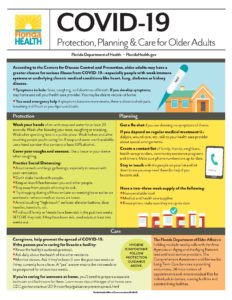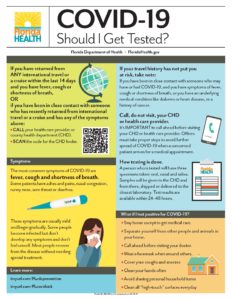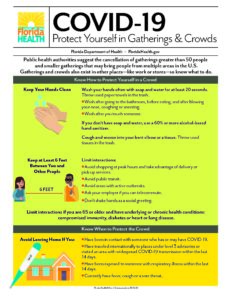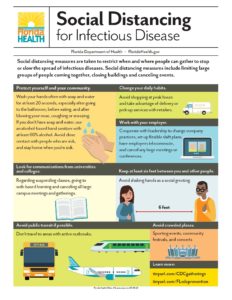Each year, our nation celebrates National Physical Fitness and Sports Month in May. This year is no exception, but it does hold some new challenges amidst the COVID-19 pandemic. Experts agree regular physical exercise has a profound and positive impact on our immune system and benefits both the mind and body.
How can you and your clients accomplish your physical exercise goals and regimens during a time when access to gyms and parks are restricted? With some simple adjustments and determination, it’s still possible. These suggestions are only intended for individuals without any symptoms or diagnosis of respiratory illness and should not replace medical guidance in case of any health condition.
Indoor Exercise
A more sedentary lifestyle can have negative effects on our physical and mental health and overall quality of life. The World Health Organization (WHO) recommends adults aged 18 and over do a total of at least 150 minutes of moderate intensity physical activities throughout the week, or at least 75 minutes of vigorous intensity physical activity throughout the week. This should include strengthening activities at least two days per week.
For older adults with poor mobility, three or more days of physical activity to enhance balance and prevent falls is suggested. You can follow the five elements of fitness from almost any area of your home:
- Warmup. This can be as simple as walking around your house at a steady pace, on a treadmill or at a slow pace on a stationary bike. These activities prepare your body for a more vigorous activity and help prevent injury.
- Cardiovascular. Try “high knee” exercise, which is essentially running in place. Stand with your legs together and arms at your sides. Lift one knee toward your chest. Lower your leg and repeat with the other knee. Continue alternating knees, pumping your arms up and down. Other ideas include jumping rope or even dancing to your favorite tunes! Try an exercise video or pedal faster if you have a stationary bike.
- Resistance. Strength-building exercises not only build muscle and increase bone density, but help your body burn more calories and can even boost your mood. Some good indoor strength-building exercises include push-ups, crunches, and squats; working with dumbbells or bands.
- Flexibility. Stretching allows for easier movement and helps give your muscles and joints a greater range of motion, improved balance and increased balance. Some ideas for this training include neck stretches, shoulder stretches, hamstring stretches, glutes stretches and more. Work in some stretch routines that target the areas of your body you would like to be more flexible.
- Cooldown. The cool-down portion of a workout routine is designed to reduce your heart and breathing rates and gradually cool your body temperature. It can also reduce muscle soreness and stiffness and prevent venous pooling of blood in the lower extremities, which can cause dizziness. To cool down, you can walk around your home, stretch out your legs, stretch your chest, or do some slow-paced jumping jacks.
Remember, any physical activity is better than none. Start slow and increase duration, frequency and intensity over time. During this time of COVID-19, even short amounts of activity at a time can make a difference. Over the course of a week, you’ll be surprised how much you’ve accomplished. Even cleaning and gardening help you stay active and flexible.
Register for a Learning Center Class Today
Register


